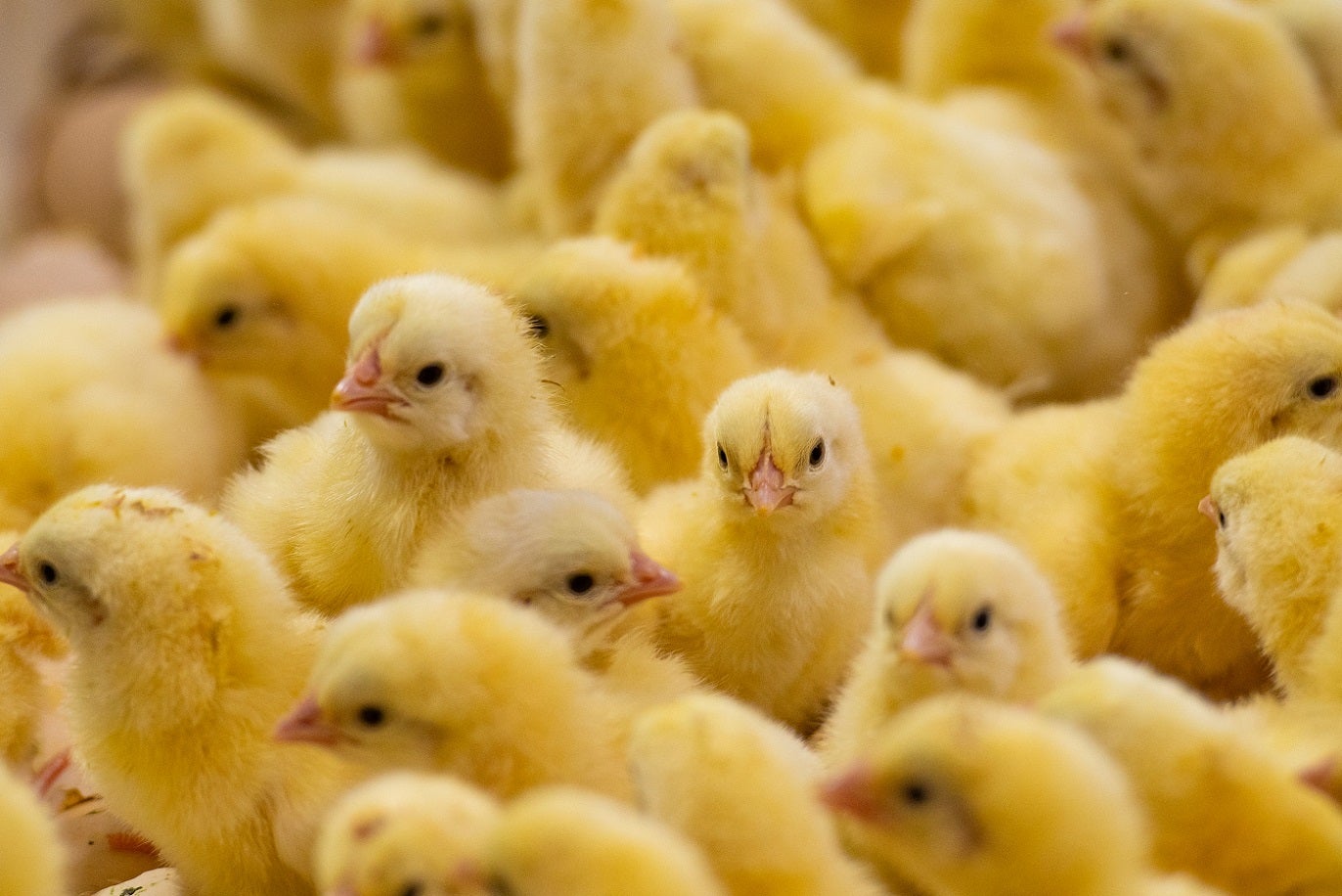
Astral Foods today (20 November) posted its first annual loss, with power outages and bird flu in South Africa leaving the poultry group’s earnings “decimated”, its CEO said.
The publicly-listed company booked a loss of R512.2m ($27.8m) for the 12 months to the end of September, the first time it had moved into the red “in its 23-year history”, chief executive Chris Schutte said. A year earlier, Astral Foods posted a profit of R1.05bn.

Discover B2B Marketing That Performs
Combine business intelligence and editorial excellence to reach engaged professionals across 36 leading media platforms.
The group ran up an operating loss of R620.87, against an operating profit of R1.44bn the year previous.
Astral Foods had issued a number of profit warnings during its financial year advising the market of the pressure load shedding and then a bird flu outbreak in South Africa would have on its profitability.
Load-shedding, or blackouts in the energy supply, have affected multiple food businesses operating in South Africa this year, including RCL Foods and Libstar. An outbreak of the H7N6 strain of bird flu in July has also weighed on the country’s poultry sector and hit egg supplies.
In a statement, Schutte described Astral Foods’ results as “devastating”.

US Tariffs are shifting - will you react or anticipate?
Don’t let policy changes catch you off guard. Stay proactive with real-time data and expert analysis.
By GlobalDataThe company’s revenue stood at R19.25bn, versus R19.33bn a year earlier. Revenue from Astral’s feed division rose but the group’s top line was affected by the problems in poultry. The company’s poultry division – which makes up more than 80% of its revenues – dipped 0.8% on the back of a 9.6% decline in volumes.
The downtime in factories caused by the power outages led to heavier birds, affecting Astral Foods’ product mix, the company said.
“As the initial load shedding and lost processing capacity caused birds to back up on farm at a rapid rate, a backlog in the slaughter programme resulted,” Schutte explained. “The birds grew older and gained weight on farm, leading to a situation where broilers well above the normal slaughter weight – at times double the targeted live weight of approximately 1.85 kilograms – had to be processed, leading to further downtime in our poultry abattoirs.
“This could only be negated at great expense, by installing massive emergency power generation plants to run the abattoirs at a significant diesel cost, cutting back the placement of broilers to reduce slaughter numbers, introducing a maintenance feeding programme to control the weight gain of the broilers to prevent them growing at their optimised potential and then adding processing shifts carrying significant overtime costs.”
The bird flu outbreak started in the second half of Astral Foods’ financial year but the company ran up around R400m in costs from culling more than one million birds, Schutte added.
“Poultry producers in South Africa are not compensated by government for culling livestock as a disease control measure on outbreaks of bird flu. Globally, the relevant authorities usually take control of an outbreak, set up quarantine and surveillance zones, cull the affected flocks, safely dispose of the birds and then compensate the producer – all this in an effort to stamp out the disease and prevent its spread,” he said.
“Following the devastating outbreaks of bird flu experienced this year in South Africa, it is highly doubtful that insurance cover for this risk will be made available. Vaccination against bird flu will supplement current biosecurity programmes and curb losses through the disease.”





